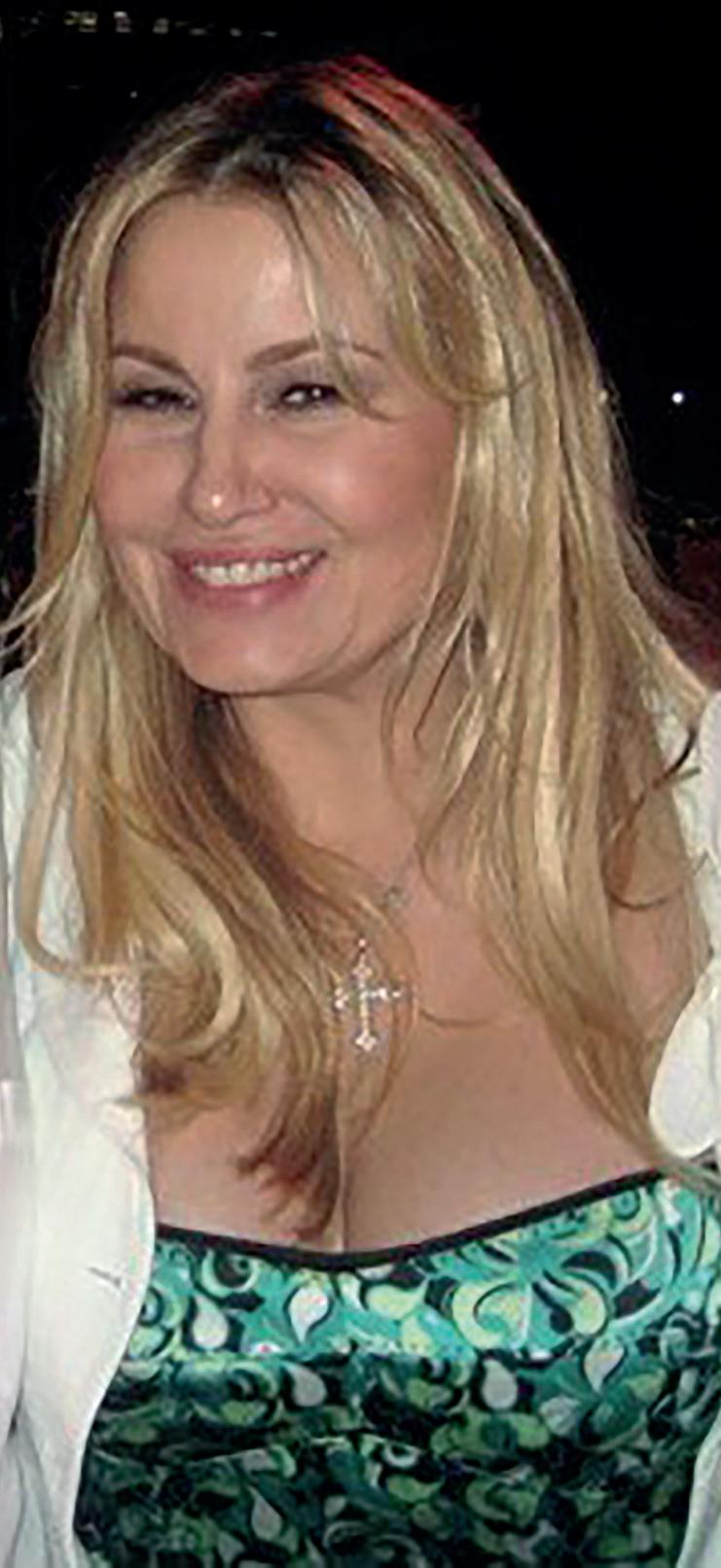
2 minute read
Jennifer Coolidge: TV star and gay icon
by Exeposé
Tom Price analyses the impact of Coolidge on the LGBTQ+ community
THE postmodern era has seen the rise of several significant artistic movements, from post-minimalism to pop art. Whilst these movements, and the artists behind them can be considered influential, none are comparable to the recent renaissance of Ms Jennifer Coolidge. The Jenaissance if you will. Whilst Ms Coolidge has long been embraced by gay men since her scene-stealing roles in Legally Blonde and Two Broke Girls , it is her recent portrayal of Tanya McQuoid in The White Lotus that has cemented her star status and re-introduced her to wider society. Ms McQuoid is the deranged heart of both seasons one and two of Mike White’s satirical anthology of America’s upper class. McQuoid is self-centred, delusional and probably awful. She also (spoilers!!) violently murders several gay men. For her valiant efforts to humanise and make likeable what would otherwise be an insufferable character, Coolidge has received the widest acclaim of her career. She won her first Golden Globe at the age of 61, subverting the ageism that is rife within the entertainment industry. Her portrayal of Tanya McQuoid bucks the trend and proves that actresses over the age of 40 don’t just have to retreat to period dramas and biopics. Throughout her career, Coolidge has played sexually liberated female characters, consistently unafraid in her frank depictions of female sexuality. She lives her life on her terms, not submitting to the sexless, virginial role that society enforces upon women over 40. Coolidge herself has freely admitted (perhaps in hy- perbole) that her role as the original MILF ‘Stiflers Mom’ in American Pie allowed her to sleep with “like 200 people” that she wouldn’t have had the chance to otherwise.
Advertisement
MS COOLIDGE HAS LONG BEEN EMBRACED BY GAY MEN SINCE HER SCENE STEALING ROLES
Similarly to White Lotus co-star Aubrey Plaza, Coolidge refreshingly embraces artifice and persona in a society that seeks for the exact opposite. Contemporary society is obsessed with rawness and honesty — note the amount of times that Ru Paul asks the queens for vulnerability on the RPDR main stage. Due to our experience of navigating the consciously artificial world of social media, modern generations crave the simplicity of honesty. Gen Z created social media trends, such as the photo-dump and app Be-Real. Whilst this search for ‘the real’ is comforting, it has led to a straightening out of contemporary popular culture. Gone are the days when pop stars wear dresses made from meat and wear snakes around their necks. Even movie stars seem less artificial these days; current ‘it-girl’ Florence Pugh feels like she could be the girl next door. Coolidge ascends these constrictions and embraces artifice (e.g. her face!). Like Plaza, she carries the same energy that she has in many of her roles to her press interviews and social media presence, leaving the rest of us to ask, is she actually like that? Is that how she really talks? Did she really sleep with over 200 people after doing American Pie ? Her embrace of such artifice looks camp right in the eye, in a way that the 2019 Met Gala could only dream of. Susan Sontag defined camp as something “anti-serious” and “exaggerated and artificial”. Coolidge’s embrace of this persona and over the top artifice showcases her extremely camp sensibility. There is a reason why gay men embrace her as one of their own. Her embrace of such anti-seriousness has produced some of the funniest moments in recent popular culture, such as when she was asked by an ever earnest interviewer what her dream role would be, and she replied, “a dolphin.” I defy anybody to watch the video of her trying (and failing) to get into a car at Harvard University to not laugh. When watching a Coolidge press interview one finds themselves asking, is she being serious? Is she even meaning to be funny? Who knows? Who cares? The important thing is that we’re laughing.
The Jenaissaince is emblematic of a counter movement against society’s search for ‘the real’ and an embrace of camp. And, most importantly, it proves that gay folk are still 20 years ahead of literally everybody else.










